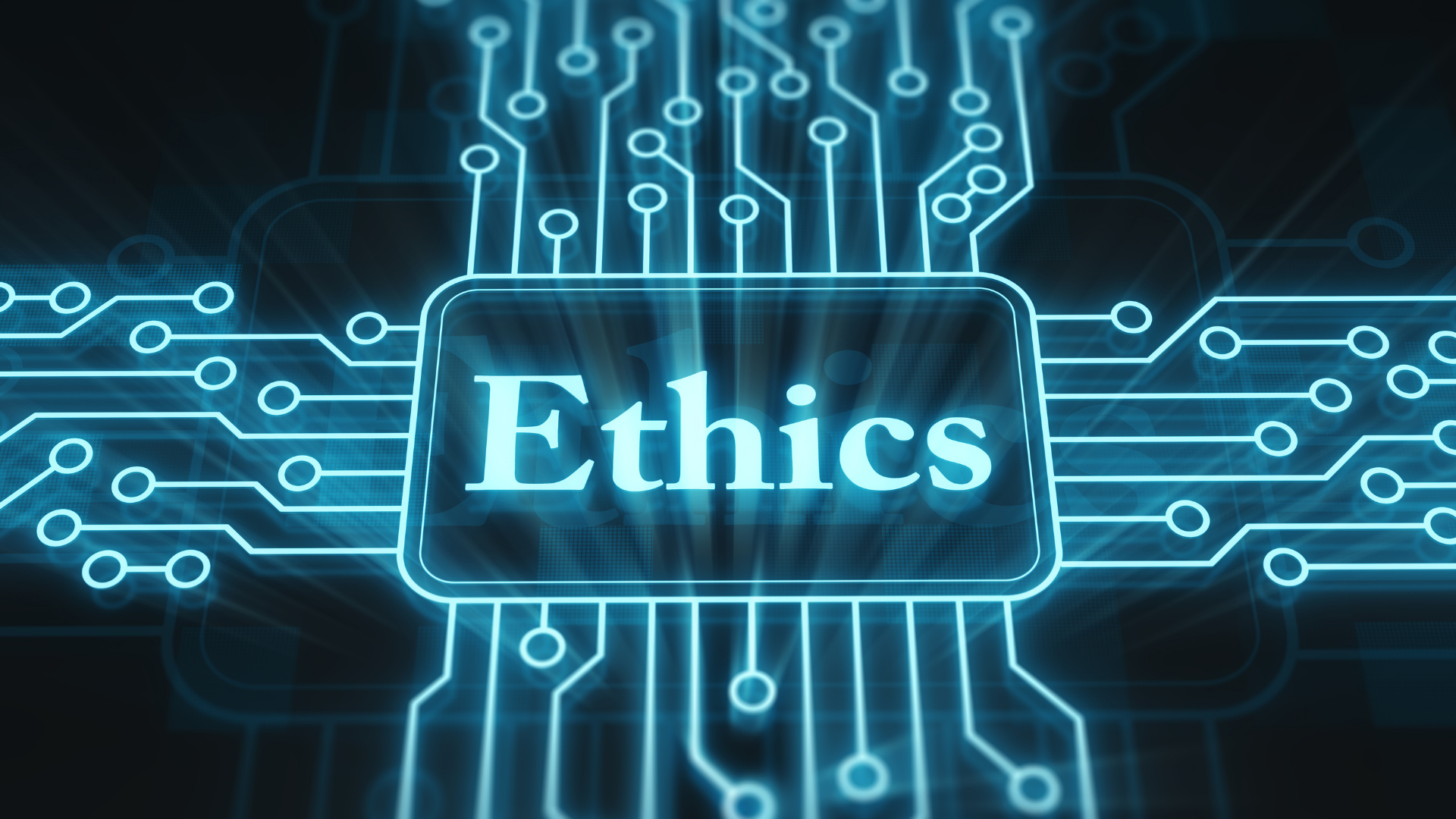
Introduction
The realm of artificial intelligence (AI) is expanding at an unprecedented pace, reshaping industries, societies, and even our daily lives. As AI technologies evolve, they bring forth a plethora of opportunities and benefits, yet they also raise critical ethical questions that must be addressed. This article delves into these ethical considerations, exploring the impact of AI on privacy, bias, employment, and more, while emphasizing the importance of responsible development and public engagement.
The Rise of AI and Its Potential Impact
AI’s journey from a theoretical concept to a cornerstone of modern technology is nothing short of remarkable. Today, AI finds applications in healthcare, finance, transportation, and many other sectors, significantly enhancing efficiency and innovation. However, this rapid integration of AI into various facets of life also brings with it a responsibility to consider its societal impact. The potential of AI to improve lives and solve complex problems is immense, but so is the need to ensure these technologies are developed and used ethically.
Ethical Challenges Posed by AI
One of the foremost ethical challenges of AI is the issue of privacy. With AI systems processing vast amounts of personal data, concerns about data protection and user consent are paramount. Furthermore, the prevalence of bias in AI algorithms presents a significant hurdle. These biases, often stemming from the data sets used for training AI, can lead to discriminatory outcomes, affecting marginalized communities disproportionately. Additionally, the advent of AI has sparked debates around job displacement, with automation threatening to render certain job roles obsolete.
Responsible AI Development
To navigate these challenges, transparency in AI development is crucial. Developers and companies must be open about how their AI systems make decisions, ensuring accountability. Moreover, the governance and regulation of AI practices play a key role in safeguarding ethical standards. Mitigating bias and ensuring fairness in AI systems require concerted efforts, including diverse data sets and continuous monitoring for discriminatory patterns.
The Future of AI and Humanity
Looking ahead, the relationship between AI and humanity is poised to evolve in ways we can only begin to imagine. There is potential for AI to contribute significantly to addressing global challenges like climate change, healthcare, and education. However, as we venture into the development of advanced AI technologies, ethical considerations must remain at the forefront. The prospect of artificial general intelligence, for instance, raises profound questions about autonomy, control, and the very nature of human-machine interaction.
Public Engagement and Education
Effective navigation of AI’s ethical landscape requires active public engagement and education. Building awareness and understanding of AI among the general public is essential for informed discourse and decision-making. Involving diverse perspectives in the development of AI policies is not just beneficial but necessary to ensure that these technologies reflect and respect the diversity of the societies they serve. Encouraging public participation in discussions around AI ethics is a step towards more inclusive and responsible AI development.
Conclusion
As we continue to advance into the AI frontier, the ethical considerations surrounding these technologies become increasingly complex and significant. This article has highlighted the importance of addressing issues such as privacy, bias, and the societal impact of AI. The journey towards ethical AI is ongoing, demanding continuous dialogue, responsible development practices, and inclusive policymaking. It is through these concerted efforts that we can harness the full potential of AI while safeguarding the values and rights that define our society.

Tech Hub Digital, a one-stop destination for complete technology-related information.

